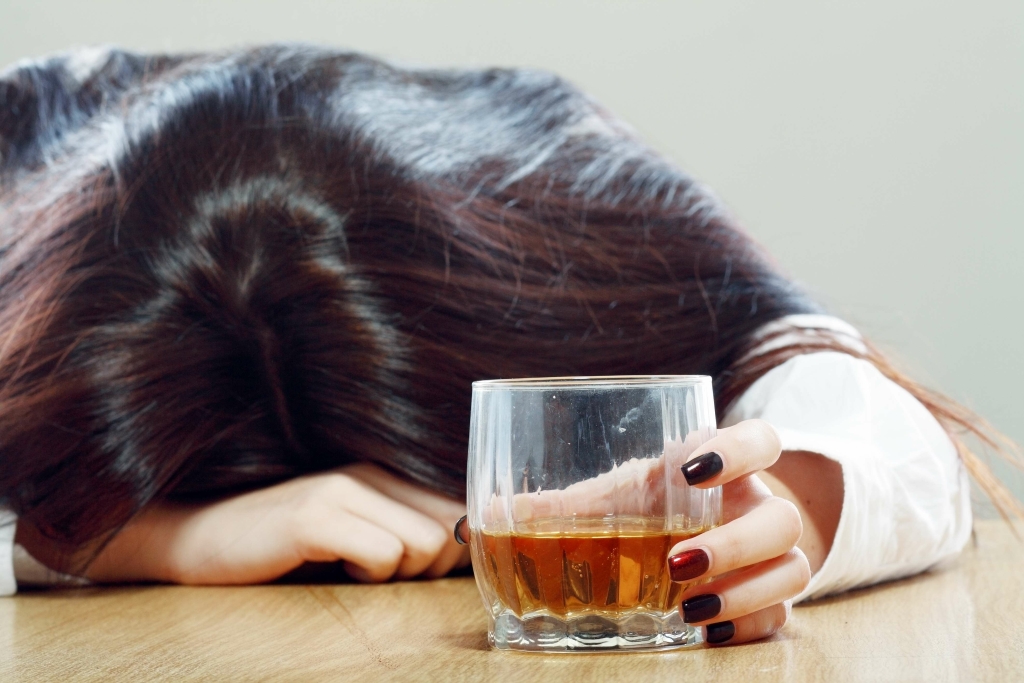Alcohol-related aggression has manifold social and neurobiological causes. Alcoholism was identified in 1956 as an illness by the American Medical Association (AMA). It’s a disease—an altering of the brain that controls a person’s motivation and ability to make healthy choices. Once it takes hold, it can be hard to shake loose—without the right help.
Stage 6: Death

In many cases, symptoms of intoxication will gradually decrease as alcohol is metabolized and eliminated from a person’s system. Notably, the signs of intoxication don’t always correlate with BAC levels. Some people may not feel or act intoxicated because of their tolerance levels, but they will still have BAC levels over the legal limit. Intoxication can range from mild to severe, depending on the amount consumed, speed of ingestion, metabolism, body weight, substance, and other factors.
Understanding Anger and Aggression
Each Service policy allows you to self-refer or self-identify for potential alcohol misuse or abuse before an incident happens, so you can start getting help. This stage is usually not counted as there is too little alcohol in the system to have noticeable effects. They are peer-led organizations dedicated to helping each other remain sober. Support groups can be the first step towards recovery or part of a long-term aftercare plan. When combined with other evidence-based therapies, such as cognitive-behavioral therapy (CBT), MAT can help prevent relapse and increase your chance of recovery.
HealthBeat
The liver detoxifies alcohol from the body but can only do so in small quantities. If a person’s consumption exceeds their rate of alcohol metabolism, intoxication results. The quantity of alcohol a person drinks determines the duration of their intoxication.

Cognitive Function
Attempts to stop drinking can result in tremors or hallucinations, but therapy, detox, and rehab can help you get your life back. Treatment for alcohol poisoning includes observing vital signs, administering oxygen, and providing IV fluids. In some cases, a person http://awetyl.ru/smotrik682.htm may have their stomach pumped to remove alcohol before it can be absorbed or they may be given activated charcoal to minimize further alcohol absorption.
The symptoms of intoxication overlap with several other medical conditions. So, being honest will help your provider rule out other issues and give you the best care. Providers can order various tests, like blood and urine (pee) tests, to check for substances in https://www.cool-ticket.info/CubaGuide/cooked-photos your system. For example, they may order blood alcohol level (BAL) tests or drug tests. For example, many people drink alcohol to experience its intoxicating effects.

Alcohol Misuse and Its Lasting Effects
- It affects elements like your mental capabilities, mood and coordination.
- However, this does not change a person’s BAC, even though it may help them feel temporarily more alert.
- It is influenced by the person’s weight, the amount of alcohol they drank, and how quickly.
- The state of intoxication from alcohol is commonly known as being drunk.
- Acute alcohol intoxication is usually apparent based on what people or their friends tell the doctor and on results of the physical examination.
Is a drug that affects certain parts of the brain and is typically used for high blood pressure but can help relieve some of the effects of alcohol withdrawal. Mild to moderate withdrawal usually begins within 6 hours after drinking stops. Mild symptoms include http://bgfashionzone.com/fashion-and-textiles.html tremor, headache, weakness, sweating, and nausea. Some people have seizures (called alcohol-related epilepsy or rum fits).
